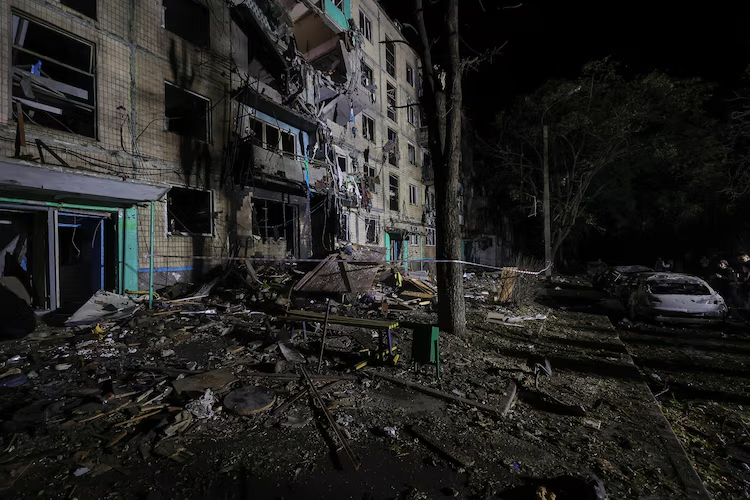


FAST DOWNLOAD
The leftist Yamandú Orsi , the successor of former president José “Pepe” Mujica, and the center-right official Álvaro Delgado will compete in a runoff to decide the next president of Uruguay , according to projections of the votes released this Sunday on television.
Orsi has 43.2% of the votes and Delgado 28%, according to Canal 10 based on data from Equipos Consultores. According to Canal 12, which cited the pollster Cifra, Orsi has 44% of the votes, against 27% for Delgado.
Since neither candidate has more than 50% of the vote, there will be a second round on November 24, an outcome anticipated by previous polls.
Orsi, a 57-year-old history professor, was leading the vote with 41-47%. Delgado, a 55-year-old veterinarian, was polling at 20-25%.
Orsi and Delgado beat out nine other candidates who were hoping to succeed President Luis Lacalle Pou, of the National Party that leads the governing coalition. The president has a 50% approval rating but the Constitution prevents him from serving another consecutive term.
Voting in Canelones, the department he governed for almost 10 years, leftist Orsi highlighted Uruguay ‘s “democratic health . “
“Today the government begins to change in some way,” said Lacalle Pou after voting. He promised an “orderly” transition and did not answer whether he would take up the Senate seat for which he is running.
The election day passed calmly.
Third in the race, with 15-16%, was the 40-year-old media-savvy lawyer Andrés Ojeda.
The candidate from the Colorado Party, which is also part of the government coalition, gained momentum with his unconventional way of doing politics, for which he is compared to Argentine President Javier Milei.
The polling projections gave him 15.5-16%, in line with the polls of voting intentions.
Mujica’s ‘last vote’?
Public safety is the top concern for people in this predominantly agricultural country of 3.4 million people, with a high per capita income and low levels of poverty and inequality compared to the region, but plagued by an increase in drug-related violence.
“The next president should put a little more effort into security. We’re not doing so badly, but we could be better,” Juan Sunino, a 65-year-old businessman, told AFP.
The ruling coalition, which also includes Cabildo Abierto ( right , 2-4% in the polls) and the Independent Party ( center-left , 1-3%), already announced this Sunday a “celebration of democracy ” in which it will show itself united.
The Frente Amplio called for a “celebration of hope” at another event in Montevideo.
Orsi hopes to return to the left the presidential seat he lost in 2020 after governing for three consecutive terms, one of them under Mujica (2010-2015) .
The 89-year-old former guerrilla, who is recovering from problems resulting from esophageal cancer, voted as soon as the polls opened.
“It may be my last vote,” he said, in a wheelchair and surrounded by television cameras.
‘Two very even blocks’
More than 2.7 million Uruguayans were eligible to elect a new president and renew the bicameral Parliament.
In addition, they spoke out on two plebiscites.
The most controversial, promoted by the sole trade union Pit-CNT with the support of Frente Amplio sectors, proposes reducing the minimum retirement age from 65 to 60 years and prohibiting private pension plans.
The three main presidential candidates have said they will not vote for him.
The other referendum, promoted by the ruling party and rejected by the opposition, seeks to enable night-time police raids on homes.
Political scientist Adolfo Garcé, who had predicted the runoff between Orsi and Delgado, said that the election has “two very even blocks.”
“We do not believe that the referendum on social security will be approved,” he added, but if it does happen “it could create a very complicated situation.”
According to the Pit-CNT, this constitutional amendment would cost 460 million dollars a year, but detractors estimate more than double that. Analysts warn that it could damage the finances of a country that is still recovering from the pandemic and a record drought in 2023, and that must reduce the fiscal deficit (-4.4% of GDP in August).
Voting is secret and compulsory. The Electoral Court could have indicative data on the final results at around 10:00 p.m. (01:00 GMT on Monday).






























































